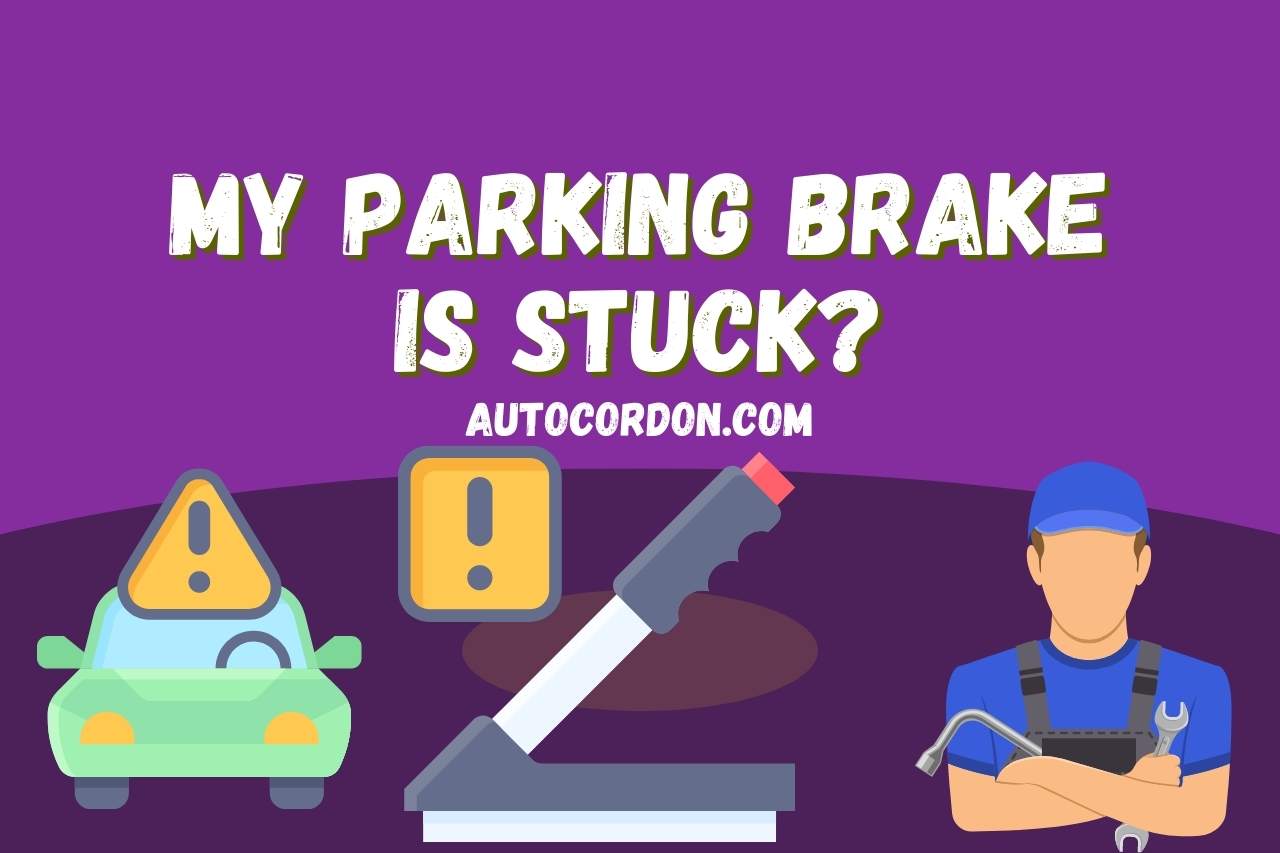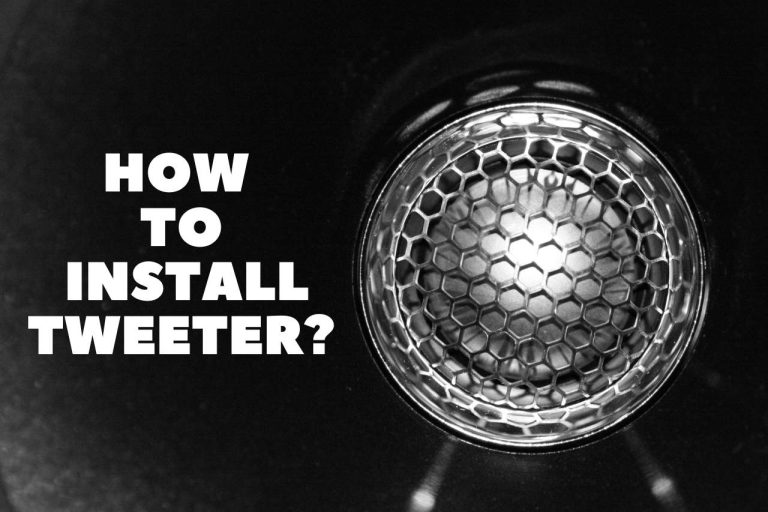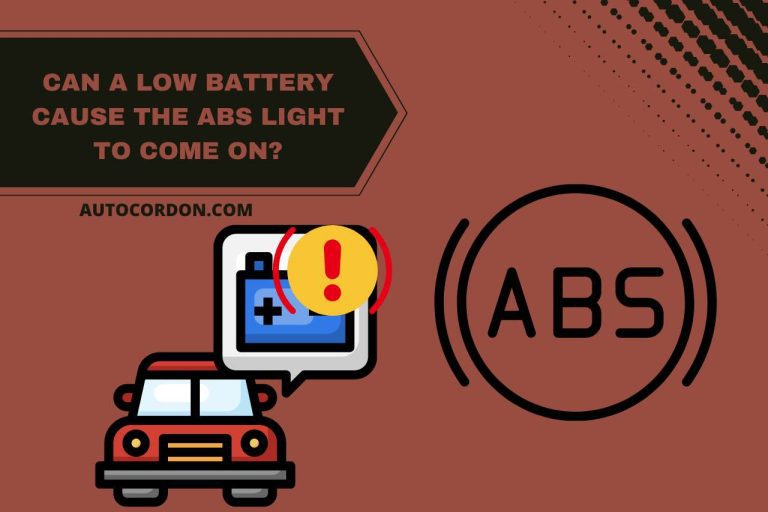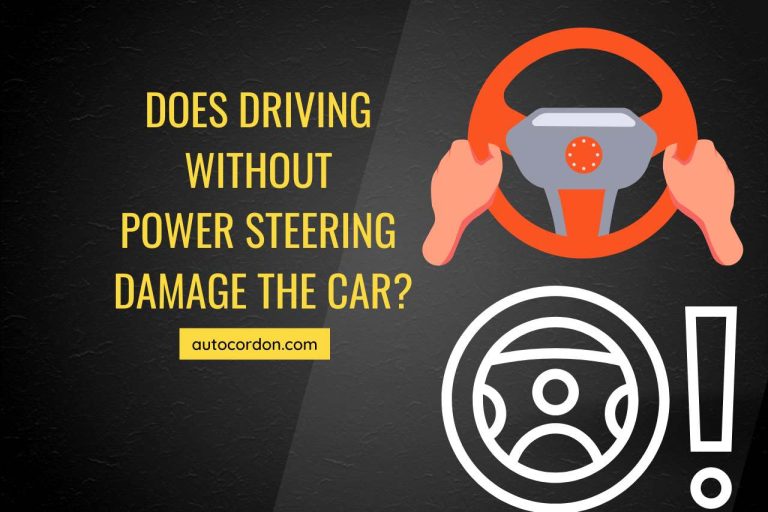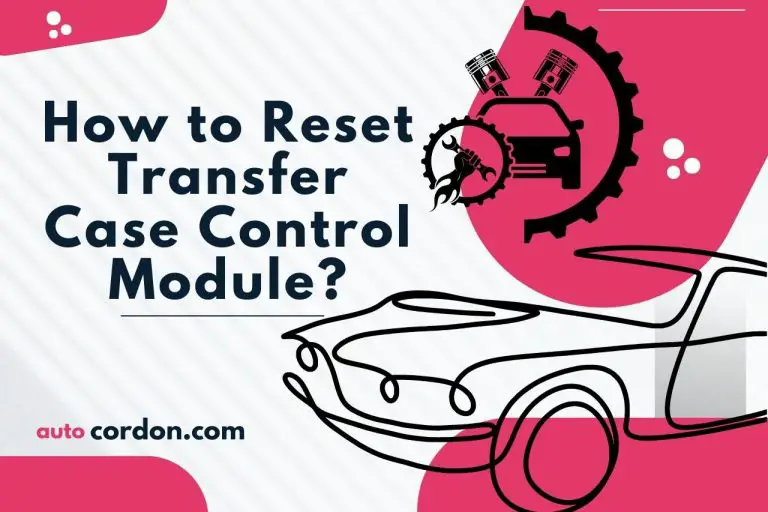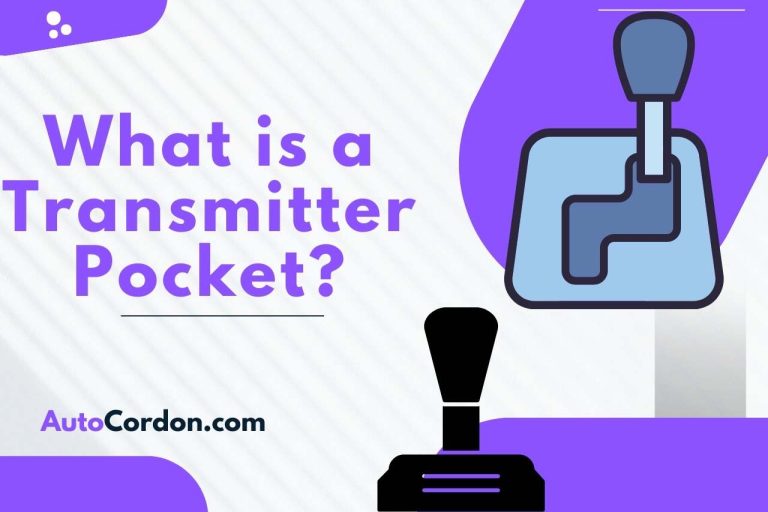My Parking Brake is Stuck – (Step-by-step Guidelines)
You’re an expert; if you always remember to apply the parking brake when parking and going up or down hills to prevent damage to your transmission. So, what if you get to discover that it is entirely jammed? You could use it while driving, but it will harm your brakes. So, without panicking and thinking, “Oh! my parking brake is stuck; what will I do now?”, learn how to deal with and prevent the most typical causes for a stuck parking brake instead. Then you can drive safely. After reading this article, you will be confident about what to do in a situation where your parking brakes are stuck.
What is a Parking Brake and Why is It Important?
A vehicle’s parking brake, usually referred to as a handbrake or an emergency brake, is a device that keeps the car still while it is stopped or parked. To activate the braking system and stop the car from moving a lever or pedal is normally found near the driver’s seat.
The parking brake is crucial because it adds an extra layer of security while parking on a slope or on an incline or when leaving a vehicle parked for a long time. It is particularly helpful when parked on an incline or when the standard braking system malfunctions.
By reducing unnecessary wear and tear on the rotors and brake pads, using the parking brake can also assist in extending the lifespan of the standard braking system. Moreover, applying the parking brake helps lessen the strain placed on the gearbox when the car is in park mode, preventing transmission damage.
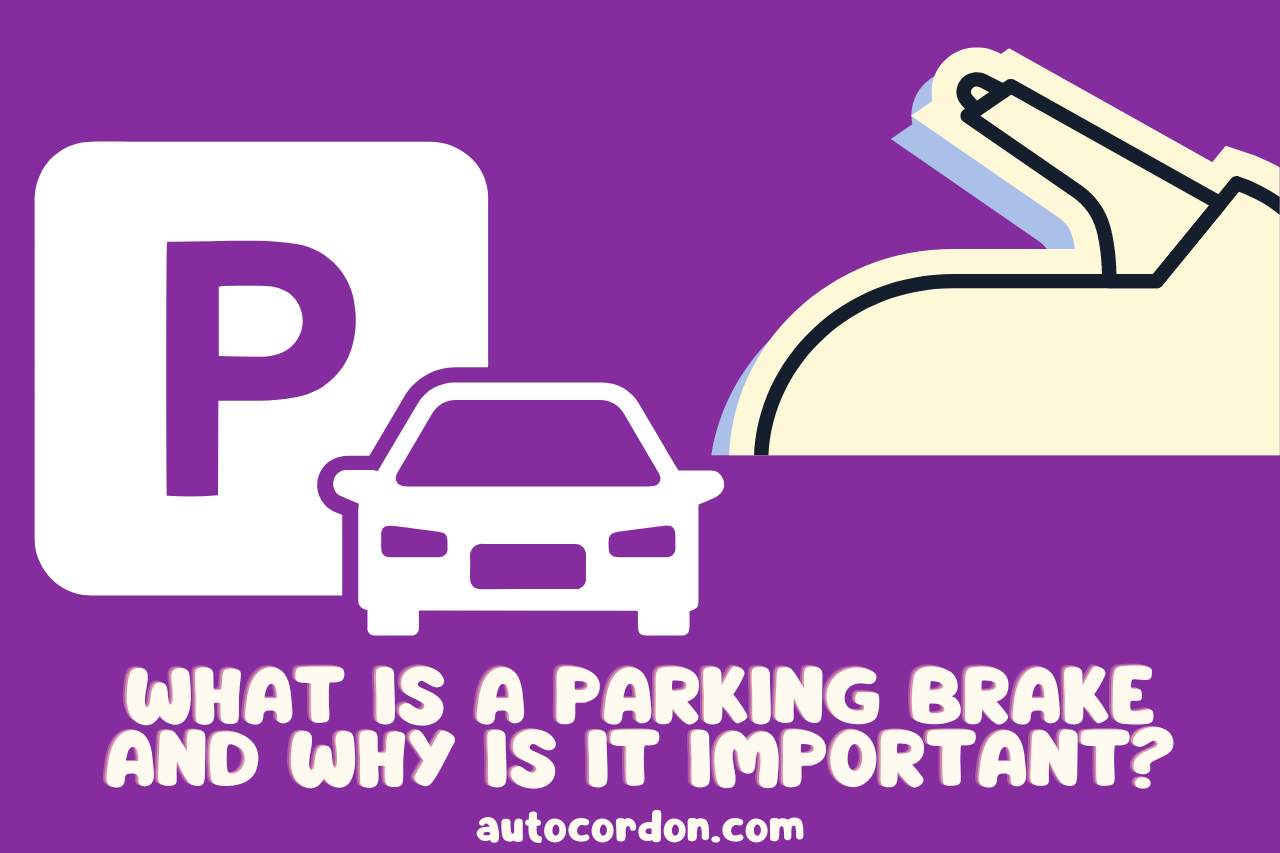
Why is My Parking Brake Stuck?
A parking brake will get stuck for a number of reasons.
- Rust: With time, the parking brake cable and other parts may rust, especially if the car is not used much or is exposed to dampness. These components may become blocked or seized as a result of this rust, which will keep the brake from disengaging.
- Dirt or Debris: The parking brake mechanism may get clogged with debris, dirt, or other foreign substances. This is especially prominent in cars that are regularly driving on dirt tracks or in places where there is a lot of debris.
- Cable Fault: Over time, the parking brake cable may stretch or sustain other damage, which may result in it being stuck in the active state. This could also happen if the wire has been misaligned or is no longer linked to the mechanism.
- Frozen Brake Pads: Brake pads that have frozen to the rotors or drums might prevent the parking brake from disengaging in colder climates. This can often happen in automobiles which are left outside during cold weather.
- Corrosion: If the automobile is subjected to salt or other corrosive elements, corrosion may develop in the braking system components. When this happens, the brake system may stiffen up or become stuck, making it challenging to activate the parking brake.
It is crucial to repair a jammed parking brake right away to avoid harm to the braking system or other components. In certain instances, merely cleaning the brake system or adjusting the cable may be sufficient to cure the problem. At times, though, more involved repairs could be required, and it is advised to have a qualified mechanic examine the car.
How Can I Tell If My Parking Brake is Stuck?
The parking brake may be locked in the activated position if the brake pedal seems tight or is challenging to push. When the parking brake is removed, the car may not move or may only roll a limited distance, which might indicate that the brake is still applied.
If you smell burning while driving, a jammed parking brake may be to blame for the brake pads rubbing against the rotor.
Particularly if the parking brake is caught on one side of the car, a jammed parking brake can result in uneven tire wear.
Some automobiles include a warning lamp that will turn on if the parking brake is stuck or if there is a braking system issue.
It’s crucial to get your parking brake checked out and fixed right away if you think it could be stuck. Driving with a jammed parking brake can result in increased brake system wear and tear and even brake overheating, which can impair braking power.
How Can I Manually Release a Stuck Parking Brake?
Tools Required:
- Pliers or a wrench
- Jack and jack stand (if necessary)
Step-by-step Guidelines:
- Find the parking brake lever or pedal, then try to disengage the brake, usually by pulling the lever or depressing the release button.
- Find the parking brake cable that goes from the lever to the brake calliper if the brake won’t release. The cable is typically found below the car, close to the back wheels.
- The cable adjustment nut on the cable next to the brake assembly can be loosened using pliers or a tool.
- If the brake still won’t release, grip the cable directly with a pair of pliers and pull it in the direction of the vehicle’s rear. Take care to prevent hurting yourself or the car by harming it.
- It might be required to elevate the car from the ground using a jack if needed. This will make it possible for you to reach the brake assembly and perhaps manually release it.
Possible Dangers
- Manually releasing a jammed parking brake might be risky.
- The brake cable may shatter if too much power is applied to it, which might cause the car to roll or become unstable.
- Raising the car off the ground might be risky if the right safety measures are not performed.
It is strongly advised to seek the help of a qualified technician to fix a jammed parking brake since they have the skills and equipment required to do so securely.
How Can I Prevent My Parking Brake from Getting Stuck in the Future?
These suggestions will help you keep your parking brake from becoming stuck in the future and guarantee that your car is dependable and safe to drive.
- Maintain the braking system frequently. Preventing the parking brake system from becoming jammed through routine maintenance. Have the brake cables and discs updated as necessary, and have the system tested by a qualified technician.
- Clean the brake parts. Over time, dirt and debris can build up in the brake parts, causing them to stick.
- Regularly using the parking brake will help keep it from becoming stuck.
- The brake pads may become caught if the parking brake is not engaged for a prolonged length of time.
- When driving on wet or icy surfaces, avoid engaging the parking brake.
- Maintain the brake system’s lubrication. The parking brake system’s operation depends on the cables and other parts. These parts can be kept from sticking by lubricating them.
Watch this video,
Video Credits – Mortske Repair
You May Also Like
- EBC Brakes vs Power Stop – (Performance, Durability & Noise)
- How to Release Emergency Brake When Stuck? – Easy Solutions
- Battery and Brake Light On – Causes plus Solutions

Madusha is a writer for Autocordon.com and a seasoned mechanic with a profound passion for all things automotive, particularly the intricate world of vehicle transmissions. With years of hands-on experience in the garage, Madusha’s expertise extends from routine maintenance to complex repair solutions. In the bustling auto repair community, Madusha is known not only for precision and skill but also for an enthusiast’s zeal for cars that transcends the workshop.

